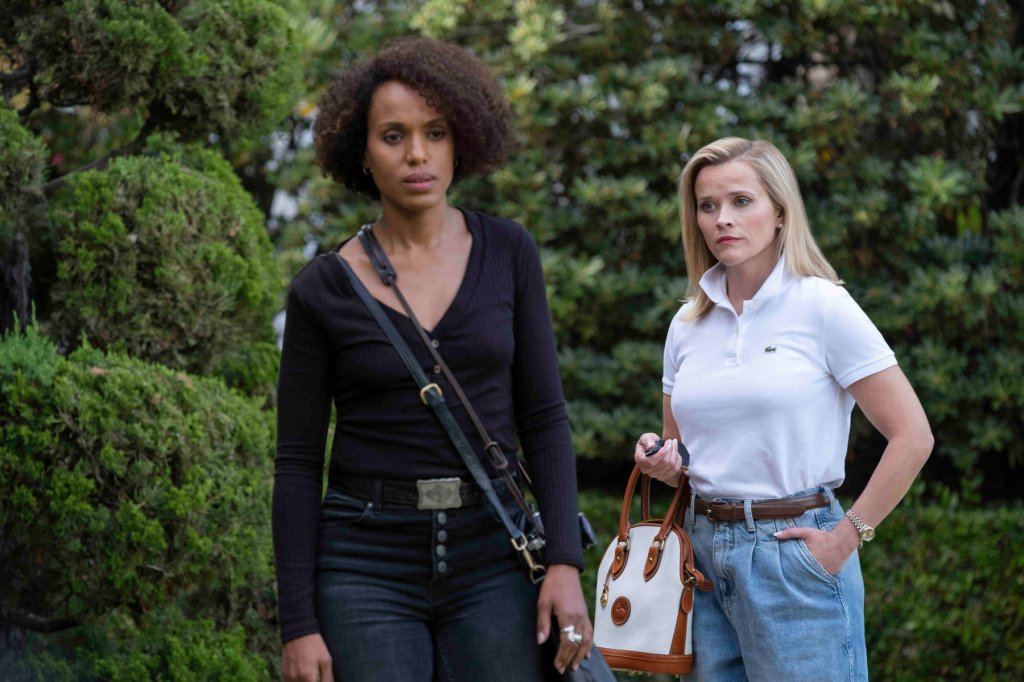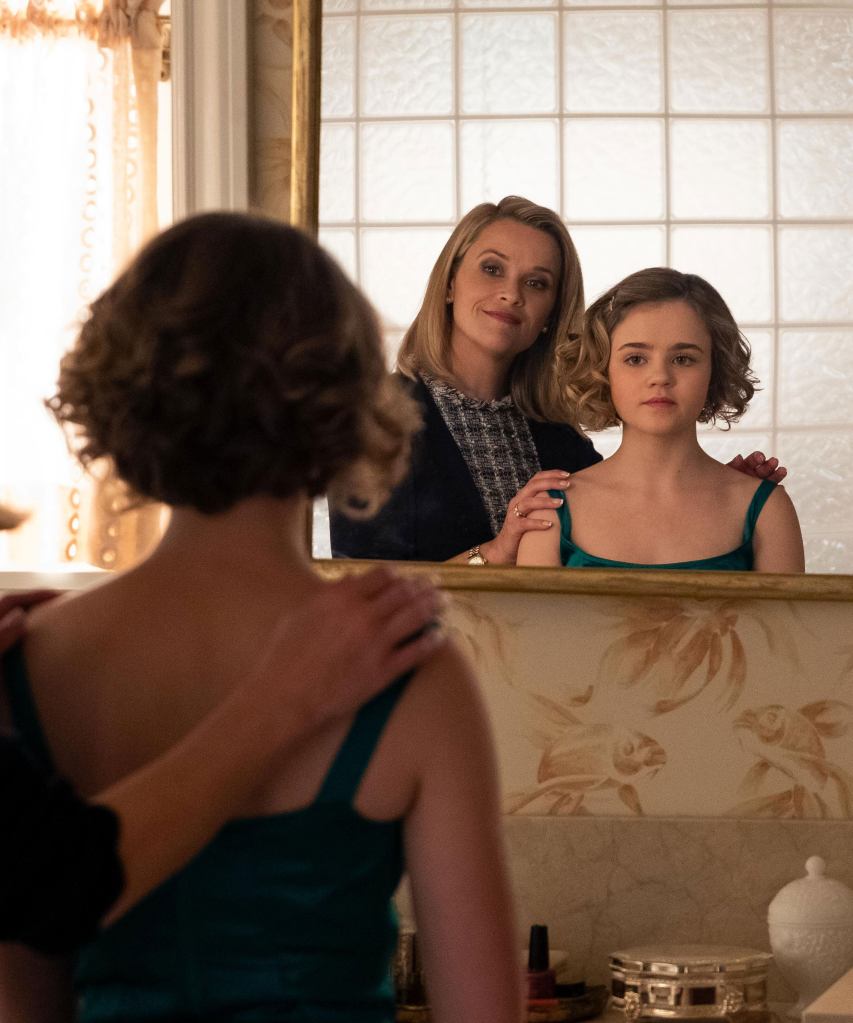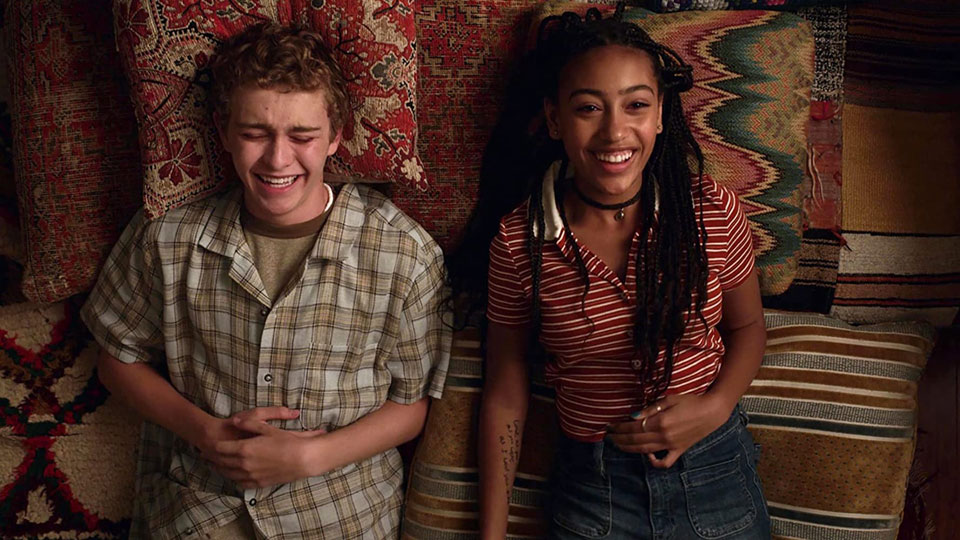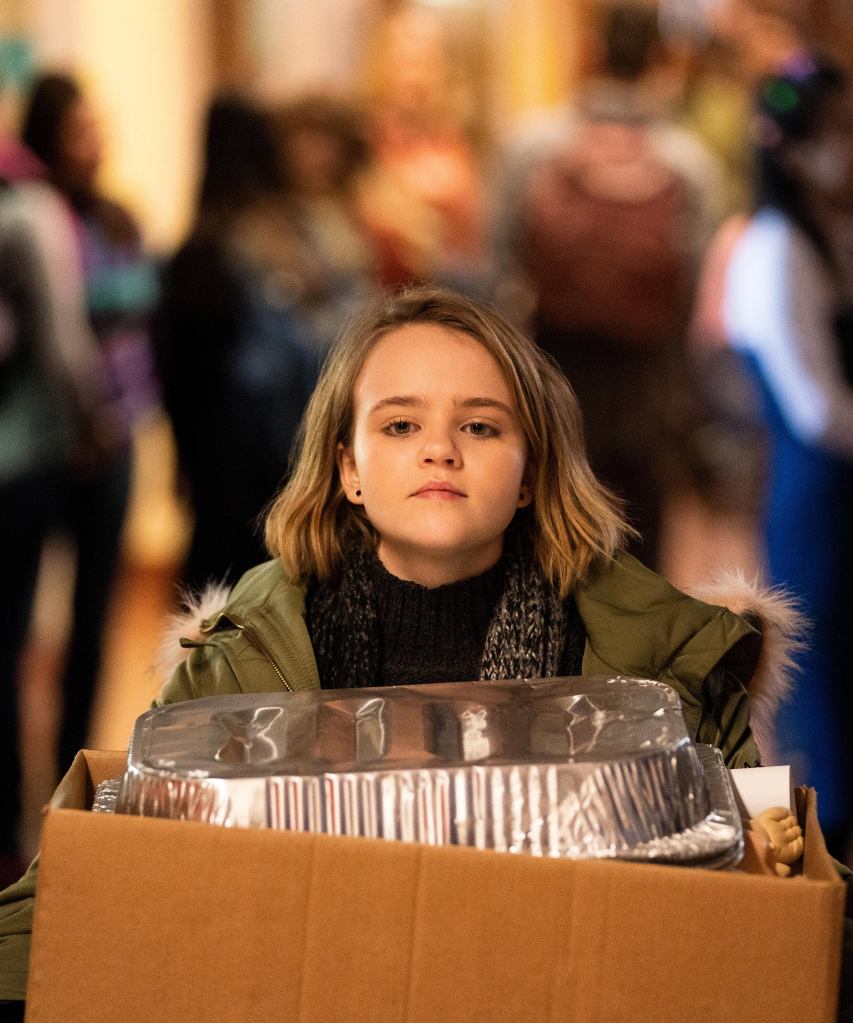To be clear, I did like the show and I’m not gearing up for a rant. Most of the time, I loved it. Honestly, only a couple of weaknesses kept it from a home run. For me though, the weaknesses were significant. When I finished the series, the finale left me comatose. I forced my husband to listen to my thoughts (on a show he never watched) for almost two hours. I just wasn’t sure what I was supposed to take from it. I gleaned the internet to see if anyone else felt bewildered. Others did. But it’s taken me weeks to articulate my questions and hypothesize why the show made me feel … numb. Aimless. It was unlike any other fictional drama I’ve seen.
This popular Hulu series, inspired by Celeste Ng’s book of the same name, intertwines the lives of two families. The Richardsons and the Warrens. The Richardsons are wealthy and privileged. They live in a stunning home. The attractive and talented parents have four attractive and talented children. And unfortunately, their essence is skin deep. On the other end of the spectrum, the Warrens only consist of a single mother and her child. They live like gypsies. The two families meet when the Warrens move to the Richardsons’ town of Shaker Heights, OH. Mia Warren rents an apartment from Elena Richardson and eventually becomes her part-time housekeeper. Meanwhile, Mia’s teenage daughter, Pearl, becomes increasingly friendly and enamored with the picture-perfect Richardsons. The uneasy relationship between the two families explodes when Mia realizes that Elena’s friends are in the process of adopting her new co-worker’s lost baby. (To be transparent, the baby was allegedly abandoned.) From there, the show is emotional chaos.
While there are many characters and plotlines at play, the show beats on the concept of motherhood and mother/daughter relationships. Elena struggles to connect with her youngest child Isabelle (Izzy) for a variety of reasons. Unlike her siblings, Izzy resents her surface-level parents and is the definition of a non-conformist. She dresses in 90s grunge, gets regularly bullied at school, and can’t bring herself to come out to society. Izzy’s life isn’t easy. Unfortunately, Elena’s attempts to reach her are futile and damaging. The two have nothing in common. Additionally, Elena wrestles with the ugly truth that Izzy was an unwanted pregnancy. A pregnancy that solidified her role as a full-time housewife.
Regarding the Warrens, Mia and Pearl share a close bond that is fractured and tested throughout the show. Mia harbors the shameful truth that Pearl isn’t completely her daughter. As a teenager, Mia was a surrogate for an infertile couple. When Mia’s world collapsed after the death of her brother, she clung to her newborn baby, told the couple the baby had died and drove off into the night. Mia lives in terror that Pearl’s identity will be discovered. Therefore, they never put down any kind of roots. This causes a lot of confusion for Pearl who, despite her adaptive nature, longs for a permanent home.
This roller-coaster of a show finally concludes with Elena’s friends winning the baby’s custody battle in court, only to have her stolen by her birth mother. Mia and Pearl once again drive into the sunset. Izzy runs away from home. And in an anti-book twist, Izzy’s siblings (not Izzy) burn down their home in defiance of their hypocritical lives.
I know (or at least I think I know) what the show was trying to teach me. There are no heroes and villains. Every situation has gray areas. Appearances are deceiving. Loving motherhood isn’t defined by biology or financial stability alone. That’s obvious. But when the final credits rolled, all I could think was, “Wow. All human beings are just terrible.” (This doesn’t include Pearl. She is the only shining light of goodness in the show.)
So, here’s my personal beef. Mia and Izzy are un-likeable characters. And if I had to guess, the show wanted to give them more sympathy points. Given their circumstances, this should’ve been easy. However, both Mia and Izzy were volatile, hostile, and suspicious from the start. My heart opened to them during flashbacks, but always shut itself closed when their snarling, current selves appeared. I couldn’t get over my resistance to them. And, it’s not as if I loved the other characters! The shortcomings of everyone were apparent, but Mia and Izzy were just … vicious? Based on conversations I’ve had with people who have read the book, Mia and Izzy’s personalities were directorial choices. Their book counterparts are far more sympathetic and less aggressive. But as someone who’s only seen the show, ‘Little Fires Everywhere’ made me feel like I was taking crazy pills. I questioned my sense of ethics. I wondered if I had a heart. But honestly, I feel like this show wasted an opportunity to preach a valuable message. It strengthens walls the book tried to tear down. At least, I hope that’s what the book does…
Regardless, I’m glad I watched it. In a time where new movies and live theater are practically non-existent, I’m very grateful for high-quality television shows and mini-series. Even if this show made me uncomfortable and made it difficult to root for the characters, it certainly made me think. And isn’t that the point anyway?




The moral of the story seems to be that a patronizing control freak deserves to have her house burned down and a lying kidnapper gets sympathy. Ironic.
LikeLike
I enjoyed your review, Bekah. It was thoughtful and extremely well-written. Love you, Mom
LikeLike